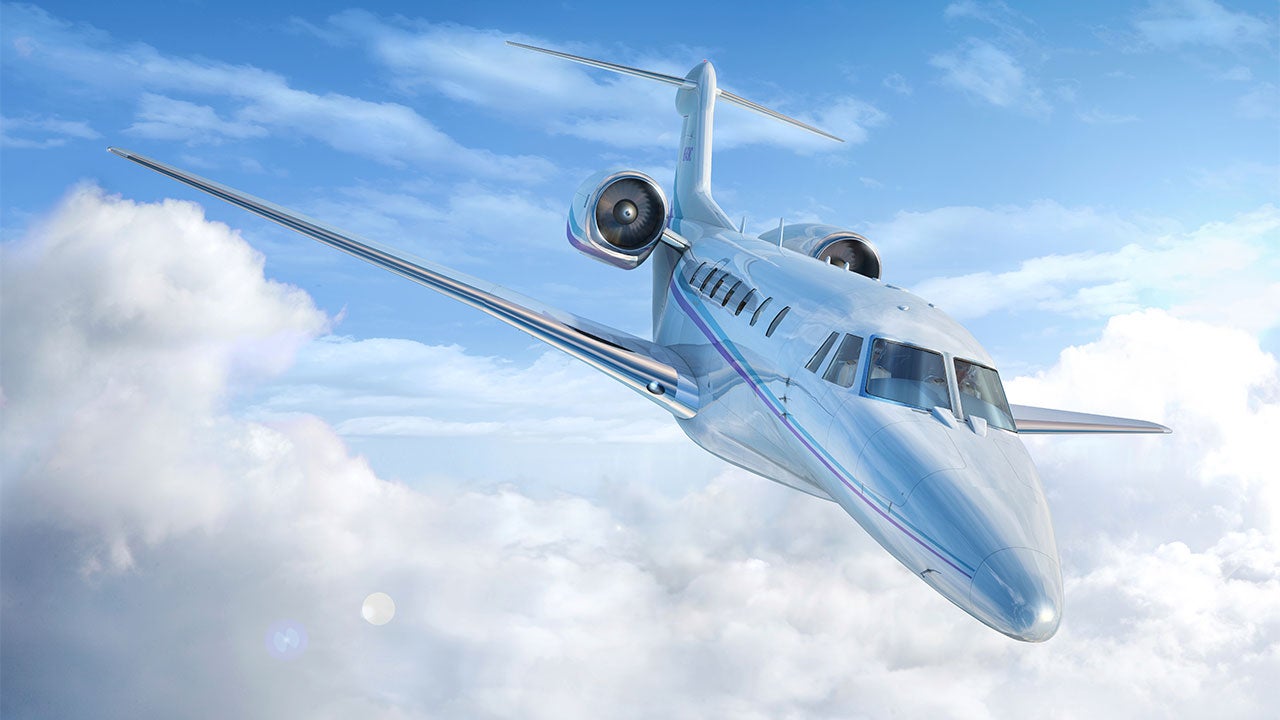
pearloatley08
About pearloatley08
The Rise of Private Jets: A Comprehensive Study on Their Impact And Future Tendencies
Introduction
The aviation trade has witnessed vital transformations over the past few decades, and some of the notable developments has been the growing recognition of private jets. As soon as considered a luxury reserved for the elite, private jets have develop into more accessible and are actually utilized by a diverse vary of people and businesses. This study aims to explore the rise of private jets, their economic affect, environmental considerations, and future traits which will shape the industry.
Historic Context
The idea of private aviation dates back to the early 20th century, with the first private aircraft getting used for private transportation. Nevertheless, it was not until the submit-World War II era that private jets began to realize traction. The introduction of business jets in the 1960s, such as the Learjet 23, revolutionized the industry, making air journey more convenient for business executives and affluent individuals. Over time, developments in technology and design have led to the event of a variety of private jets, catering to numerous wants and preferences.
Market Overview
The private jet market has skilled substantial development in recent years. In response to a report by the worldwide Enterprise Aviation Association (GBAA), the worldwide business aviation market is predicted to achieve $35.4 billion by 2025. Factors contributing to this growth embody an increase in excessive-net-value individuals, the expansion of enterprise operations throughout borders, and the desire for time efficiency in journey. If you loved this post and you would love to receive more information concerning small private jets charter i implore you to visit our internet site. The COVID-19 pandemic further accelerated this pattern, as many individuals sought safer and more private travel options, resulting in a surge in private jet bookings.
Economic Influence
The private jet business plays a significant role in the global financial system. It supports hundreds of jobs, from manufacturing and upkeep to flight operations and support providers. In line with a examine by the National Enterprise Aviation Affiliation (NBAA), enterprise aviation contributes roughly $one hundred fifty billion to the U.S. financial system yearly. Moreover, the business generates tax revenues for local and nationwide governments, making it an integral part of economic growth.

Private jets additionally present vital advantages to companies. Firms that make the most of private aviation often report elevated productivity, as executives can journey to a number of destinations in a single day, attend conferences, and return house without the hassles of economic air journey. This efficiency can lead to higher enterprise outcomes and a competitive edge available in the market.
Environmental Concerns
Regardless of the financial benefits, the private jet business faces scrutiny regarding its environmental impression. Private jets are often criticized for his or her high carbon emissions in comparison with commercial airways. In response to a report by the International Council on Clean Transportation (ICCT), private jets emit as much as 14 occasions more carbon dioxide per passenger in comparison with industrial flights. This has raised issues about the sustainability of private aviation and its contribution to climate change.
In response to those considerations, many manufacturers and operators are taking steps to reduce their carbon footprint. This consists of investing in additional fuel-environment friendly engines, exploring sustainable aviation fuels (SAFs), and adopting carbon offset applications. Moreover, some firms are exploring electric and hybrid aircraft as a technique of reducing emissions sooner or later.
Regulatory Landscape
The private jet business is subject to numerous regulations that govern safety, security, and environmental requirements. In the United States, the Federal Aviation Administration (FAA) oversees the operation of private jets, making certain compliance with safety regulations. Additionally, worldwide our bodies such as the International Civil Aviation Group (ICAO) set standards for global aviation practices.
As environmental considerations continue to rise, regulatory our bodies might implement stricter emissions requirements for private jets. This might impression the design and operation of aircraft, pushing manufacturers to innovate and develop greener technologies. Moreover, governments may introduce incentives for operators to undertake sustainable practices, reminiscent of tax breaks for using SAFs or funding for research and improvement of electric aircraft.
Future Developments
The future of private jets is poised for transformation as expertise continues to advance and client preferences evolve. Several key traits are prone to shape the trade in the approaching years:
- Sustainability Initiatives: As environmental awareness grows, the demand for sustainable aviation options will improve. The business is likely to see a rise in the usage of SAFs, electric aircraft, and innovations aimed at decreasing emissions.
- Digitalization and Connectivity: The integration of technology into private aviation will improve the travel expertise. From in-flight connectivity to superior booking programs, digital solutions will streamline operations and improve customer support.
- Fractional Ownership and Jet Sharing: To make private aviation more accessible, fractional possession and jet-sharing applications are gaining reputation. These models enable individuals and companies to share the prices and benefits of private jet travel, making it a extra economical choice.
- City Air Mobility: The event of urban air mobility (UAM) options, reminiscent of air taxis and drones, may revolutionize quick-distance journey. This could lead to the emergence of new enterprise fashions and alternatives inside the private aviation sector.
- Well being and Safety Protocols: Within the wake of the COVID-19 pandemic, health and safety will stay a prime precedence for private jet operators. Enhanced cleaning protocols, contactless providers, and health screenings will seemingly turn out to be customary practices within the trade.
Conclusion
The rise of private jets has remodeled the landscape of air journey, providing individuals and companies with unparalleled convenience and efficiency. Whereas the industry faces challenges related to environmental sustainability and regulatory compliance, ongoing innovations and a commitment to accountable practices will shape its future. As private aviation continues to evolve, will probably be essential for stakeholders to balance economic development with environmental stewardship, guaranteeing that the benefits of private jets could be enjoyed for generations to come.

No listing found
